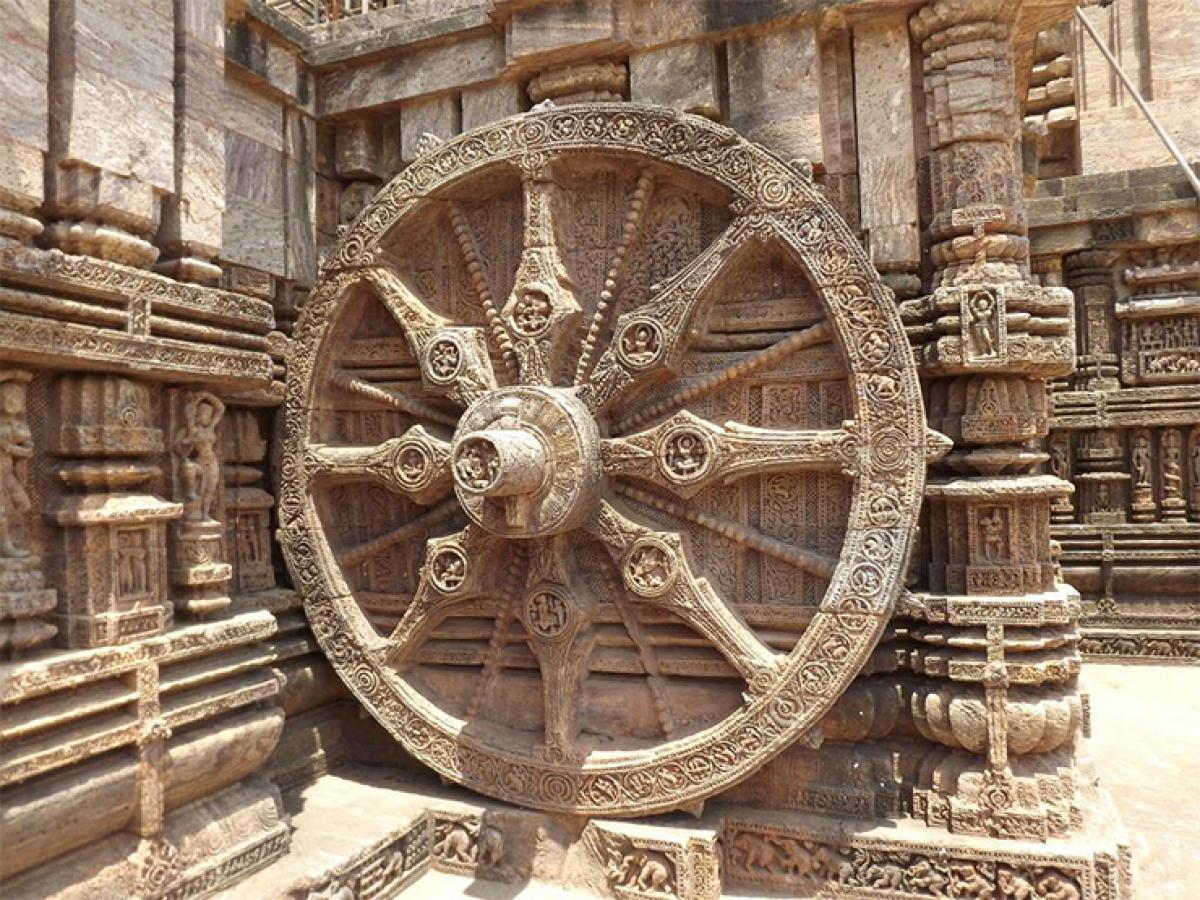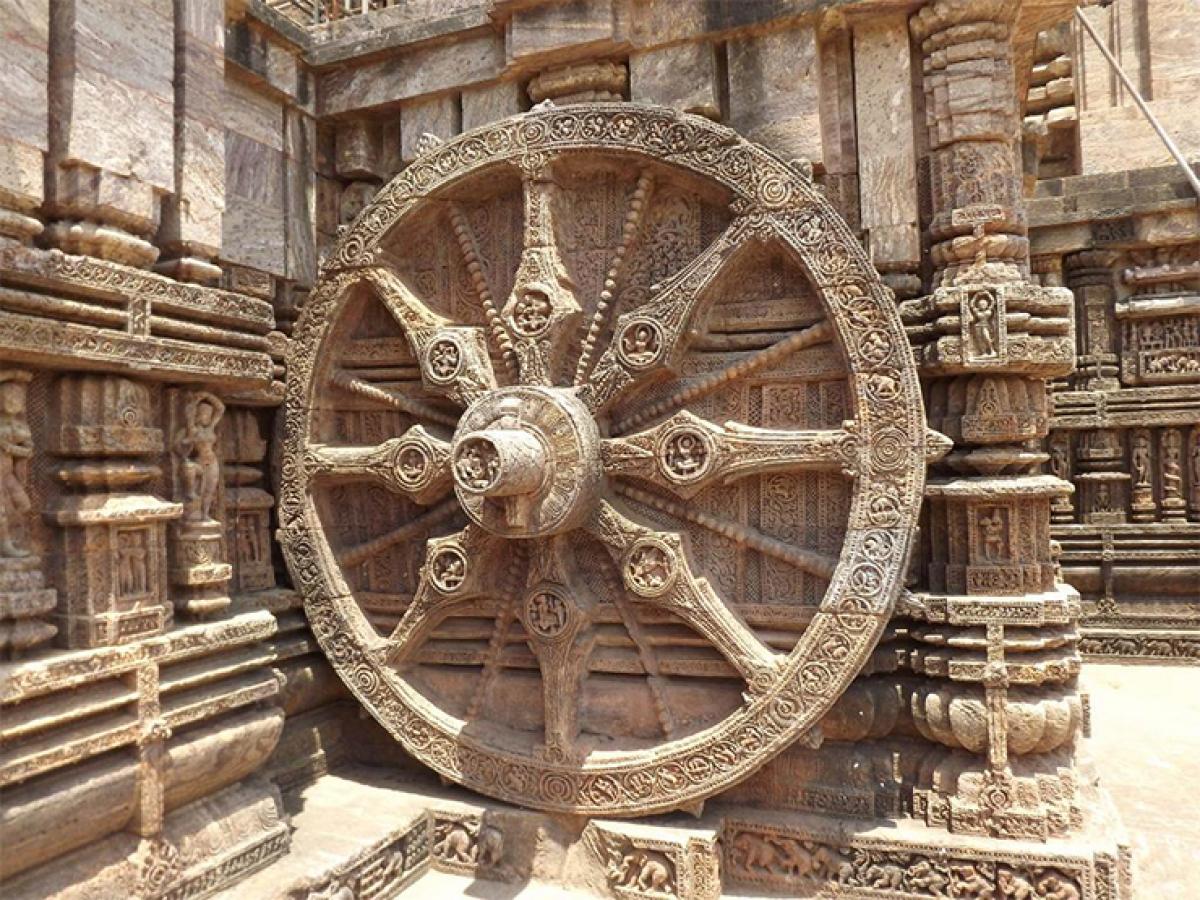Asoka’s impact on Indian culture

In his thirteenth major Rock Edict, Asoka states that true conquest is by piety and virtue. Such a decision taken by a king, who lived in an era where military might was the measure of power, earned him a unique place in history. Ashoka was a true humanist. His policies were oriented towards the welfare of his people.
Ashoka occupies a unique place in the history of India. His policies of universal peace, non-violence and religious harmony find no parallel in the monarchs of the world. Ashoka stands out as a monarch who combined successful kingship with idealism and philosophy. Like other rulers, Ashoka too began his reign with war - the conquest of Kalinga. However, the mindless destruction of life and property in this war shattered him so greatly that he vowed never to wage any war again. Instead he adopted the policy of Dhamma Vijaya that is conquest through dhamma.
In his thirteenth major Rock Edict, Asoka states that true conquest is by piety and virtue. Such a decision taken by a king, who lived in an era where military might was the measure of power, earned him a unique place in history. Ashoka was a true humanist. His policies were oriented towards the welfare of his people.

His dhamma was based on social responsibility. Besides giving importance to respecting brahmins, and servants, obedience to elders, abstention from killing living beings, dhamma also asked people to live in religious harmony. It combined in itself the good points of all sects.
Ashoka proved to be a tolerant monarch who, although himself a Buddhist, never sought to impose his personal religion on his subjects. In his twelfth major Rock Edict, he states that in honouring of other sects lies the honour of one’s own sect. As a king, Ashoka set a very high ideal for himself.
He saw himself as a father and the subjects as his children. He communicated his thoughts and philosophy to his people by inscribing them on stone pillars and rock surfaces. These edicts are remarkable examples of Mauryan architecture and also of engineering skills. They are the living monuments of his times. Ashoka attempted to educate his subjects by pointing out the wastefulness of expensive rituals. He asked people to practice ahimsa.
He himself gave up the practices of the royal hunt and pleasure tours and instead began Dhamma Yattas tours for the furtherance of Dhamma, By giving his empire a common Dhamma, a common language, and practically one script (Brahmi) he brought further political unification.
India has been a secular country since the Buddhist age. Though he himself became a Buddhist he did not impose it on the others but followed a tolerant religious policy. He made gifts and grants to non Buddhist as well as anti-Buddhist. Ashoka’s fame also rests on the measures that he took to spread the message of peace amongst the different regions of the world. He sent ambassadors to the Greek kingdoms and the West. Indian culture spread to far-away lands.
According to a Buddhist tradition, Asoka sent Buddhist missions to regions such as Sri Lanka and Central Asia. Buddhism spread to different parts of the world and although it is no longer a major force in India today, yet it continues to be popular in Sri Lanka and the Far Eastern countries. The Varna system popularly known as the caste system which had arisen in the Vedic Age now became well established and gradually became the dominant form of social organization throughout India.
Along with the new religions and philosophy the growth of cities, crafts and trade furthered the process of cultural unity in our country. Asoka unified the entire country under one empire and renounced the use of war as state policy. On the other hand he says that he strives to discharge the debt he owes to all living creatures.

